When it comes to money, nobody knows what they’re doing – at least not in their 20’s. Don’t worry – it’s not just you. Most individuals have no clue how to even begin planning for their financial future. But it’s time to start. With a little work, you could stop living paycheck to paycheck and subsisting on ramen by the time you hit 30. Here are six ways to help you move toward financial stability:
1) Pay off Your Debts
Astronomical student loan debts are one of the reasons our generation is having such a hard time getting any kind of financial traction. They’re downright brutal. But getting those in order will save you a lot of money in the long run.
If your student debts are low interest, worry about any high interest loans first. Auto or credit card debts are common snares for 20-somethings. They have high interest rates, so the longer you put off paying those, the worse it’ll be. Any loan with an interest rate over 7%, are the debts you should tackle first.
Bite the bullet and map out a plan for eliminating your debts over the next five years or so, so you can actually start saving for the future. The future – ugh…so ominous.
2) Budget and Spend Within Your Means
Go through your most recent bank statement and categorize all your expenses. Pick out what you can cut back on (did you really need that 3 a.m. Chinese food delivery)? Now comes the hard part: sticking to a monthly budget. Know what you’ll earn and how much you can spend on what and when. Keep track of every penny spent and keep your eye on the prize.
Spending well within your means is the first step towards having extra cash to save like a real grown-up! This personal budget planning spreadsheet is a particularly useful resource.
3) Set Short-Term Goals
This sounds like something vague you’d slap on a vision board or the like, but it’s an incredibly important habit to practice. Setting goals (and writing them down) truly does keep you on track.
Set career goals for yourself:
- Where do I want to be in a year? Five years? Ten years?
- How do I plan to get there?
- How can I hone my skills and assets to make myself more valuable to employers?
Set financial goals:
- I want to pay off my debt within two years.
- I want to have a certain amount of money in my savings account by this time next year.
- I want to be making a salary within a certain range by the time I’m 30.
Set personal goals:
- I want to finish grad school with no debt.
- I want to buy a house at 30.
- I want to be able to start a family in the next ten years.
Whatever your goals, map out a plan to get there and you’ll most likely find yourself achieving them quicker than you expected.
4) Create an Emergency Fund
Rather than draining your savings account (which is a thing you should now have and be actively and consistently contributing to) when somebody rear-ends your car, you should start an emergency fund. Create an emergency account and regularly add money.
When you’re just starting out, it’s always a good idea to have about 3-6 months worth of your income stashed away for a rainy day is . There will be rainy days, and let’s be honest…you currently might not have auto or health insurance. Purchasing insurance is definitely a goal to consider if you want to be a true grown-up.
5) Start Saving for Retirement Now
Nothing says a quarter-life crisis like facing your own mortality! The absolute last thing on your mind is retirement. I recommend that you start putting away at least 5-10% of your earnings into a 401(k) or a Roth IRA.
If your employer matches contributions on a 401(k) plan, go with the maximum amount they’ll match, because that’s just free money, man.
Even if you still have debt, try to regularly contribute to the following:
- Debt repayments
- Emergency fund
- Savings account
- Retirement fund
It may seem like you’re getting nowhere fast, but that’s normal. As you start making more money, you’ll be able to add more money into each of the aforementioned categories until the debts are finally gone, your emergency fund is where it needs to be, and you’re able to set more long-term goals for your savings and retirement funds.
6) Grow Up
Now is the time in your life to give yourself a good hard kick. If you’re out of school, or will be soon, then it’s time to buckle down and be an adult. Jumping into a life without the structure of parental guidance or the education system can leave you feeling disoriented. However, you know it’s time to become financially independent, as well as financially stable.
Financial stability means planning for the future like a responsible human being, and not blowing all your money on a night out with your friends. Figuring out where you stand financially and where you’d like to be isn’t easy, but it has to be done.
Take a deep breath and set aside a day to do some planning. You’ve got this – you’re a grown-up now, even if you don’t quite feel like it. By the time you’re 30, you’ll feel like a financial ninja master. By 40, you’ll be a full-on money samurai. By retirement, you’ll be rolling in all the money you have worked so hard to save.


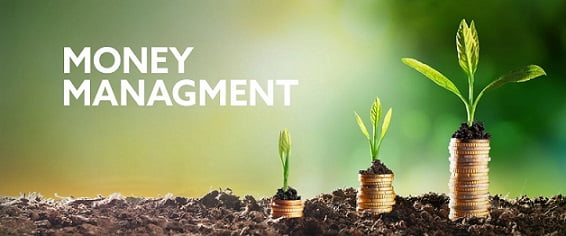
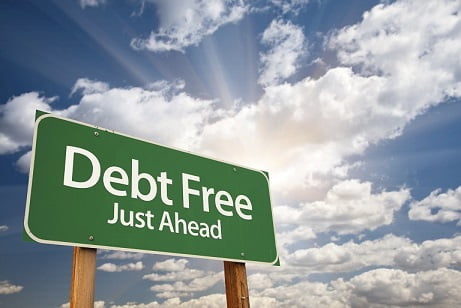
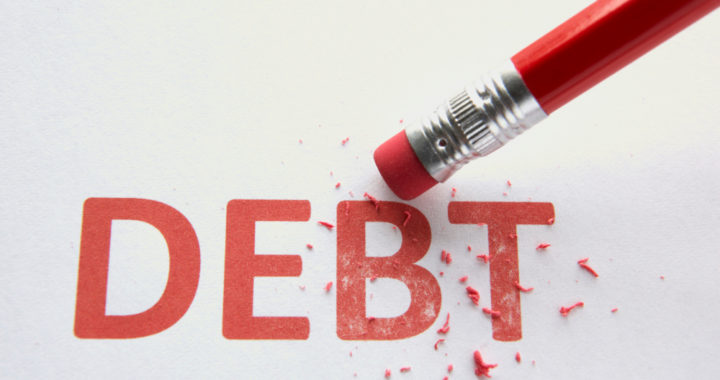
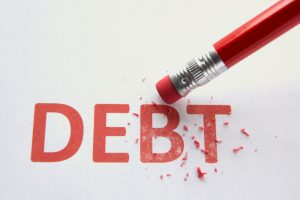
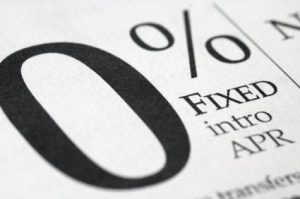 If your credit rating is good and you also have lots of cards it makes sense to move your debts to cards which give you 0% for extended periods. Lots of companies give out 0% on balance transfers from other cards and they do this for anywhere up to 6-12 months. This can save you lots of interest payments each month and should be a high priority in helping to manage or reduce debts. Check out
If your credit rating is good and you also have lots of cards it makes sense to move your debts to cards which give you 0% for extended periods. Lots of companies give out 0% on balance transfers from other cards and they do this for anywhere up to 6-12 months. This can save you lots of interest payments each month and should be a high priority in helping to manage or reduce debts. Check out